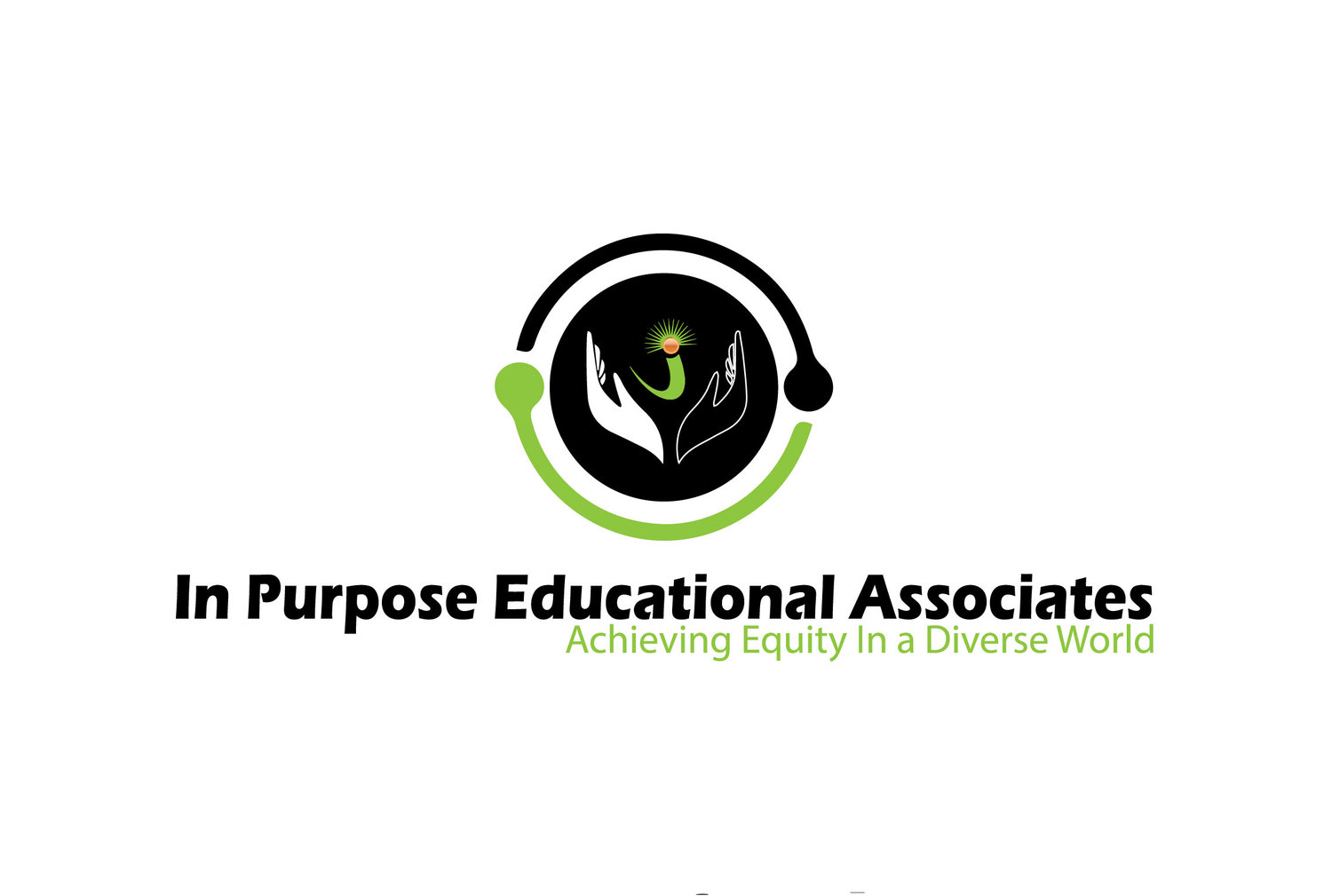
Culturally Responsive Teaching
In schools. In social situations. In business relationships. In all aspects of life, culture matters. Whether we acknowledge this or not, we filter much of our judgment of others through our own cultural lens. If we have no awareness of how our culture differs from those with which we interact, we are destined to create misunderstandings that lead to disconnection and broken relationship. Learning about your own culture, as well as other cultures, becomes imperative when success in your profession depends on your ability to establish relationship.
In his book Why Race and Culture Matter in Schools, Tyrone C. Howard explains,
"Culture matters because it shapes all aspects of daily living and activities. Unfortunately, the manner in which culture manifests itself for students is frequently not understood in schools and is not used effectively to enhance teaching and learning for all students. This is unsettling because all facets of human conduct are mediated by culture. (M. Cole, 1998; Rogoff, 2003). Culture is a complex constellation of values, mores, norms, customs, ways of being, ways of knowing, and traditions that provides a general design for living, is passed from generation to generation, and serves as a pattern for interpreting reality (Howard 51)."
Educators and those in professions charged with teaching others have a special duty to not only learn about the cultures of your students/class participants, but also to present material in ways that will reach your diverse populations in a respectful, inclusive manner. Culturally-responsive pedagogy is a way to ensure that we create a classroom environment that honors the diversity within our four walls, as well as teaching those we may find outside of them. However, we also must realize that culturally-responsive pedagogy is more than a way of planning and delivering content. "Culturally-responsive pedagogy embodies a professional, political, cultural, ethical, and ideological disposition that supersedes mundane teaching acts; it is centered in fundamental beliefs about teaching, learning, students, their families, and their communities, and an unyielding commitment to see student success become less rhetoric and more of a reality" (Howard 67). This means that becoming culturally responsive includes changing one's thought processes and developing cultural competence and racial awareness which, in turn, changes one's practice.
